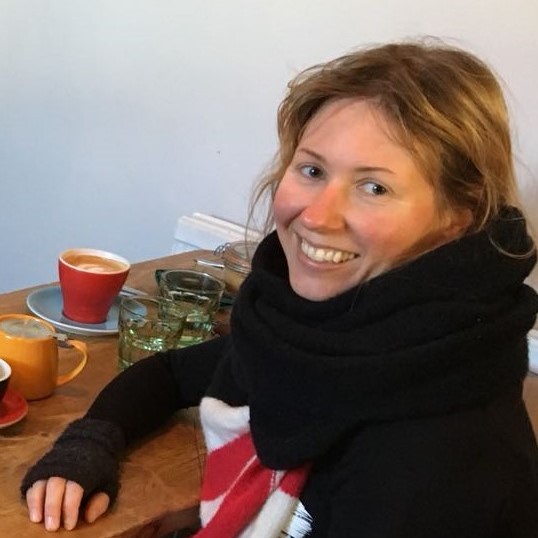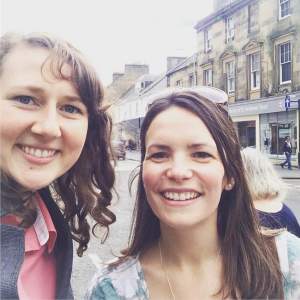We are both design researchers, working within the field of human-computer interaction (HCI). Design research is a fairly young discipline, the formalization of which is generally traced back to a series of essays published in Design Studies under the theme ‘Design as a Discipline’ [1, 3, 9]. The aim of these essays was to position ‘designerly ways of knowing’ as a distinct way of generating knowledge about the world. There is much debate around what design research is and does, but in our interpretation of it, we build on the idea that the making and deploying of new artefacts in the everyday world, in order to purposely inquire and ask questions, forms a distinct way of gaining knowledge about the world.
Encountering theories of practice in different ways, we have both drawn on it in our design research. We published separate articles in a special issue on ‘practice-oriented approaches to sustainable HCI’ [10] that can be said to be the first comprehensive introduction to theories of practice within HCI. In 2016, we found ourselves working in the same group at the Department of Industrial Design of Eindhoven University of Technology, where we aim to continue pursuing the relations between theories of practice and HCI. In this blog post, we reflect, from our own experiences, on how theories of practice have shaped methodologies in design research. We thereby engage with propositions 1, 4, 5 and 7. Continue reading “Lenneke Kuijer & Ron Wakkary – Practices-oriented design: how theories of practice are shaping design (research) methodologies” →


 In response to the aims of a workshop on Connecting Practices in Lancaster during April 2019, this short experimental piece explores lines in Lancaster and their multiple relationships with and forms of connection to practice. It therefore addresses the theme of ‘processes of connection’ and explores line-making as such a process. The piece of thought has two starting points. The first is Ingold’s ‘comparative anthropology of the line’ (2016:1) in which he argues that the production and significance of lines should be a topic for anthropological study, and in which he provides some conceptual starting points for such a project. His focus on different forms and classes of line across practices including walking, weaving, storytelling, drawing and writing drew my attention to painted lines in the first place, and raised a question ‘how do painted lines do work in the world?’. In this paper I am interested in how practice theory might offer conceptual starting points for answering this question.
In response to the aims of a workshop on Connecting Practices in Lancaster during April 2019, this short experimental piece explores lines in Lancaster and their multiple relationships with and forms of connection to practice. It therefore addresses the theme of ‘processes of connection’ and explores line-making as such a process. The piece of thought has two starting points. The first is Ingold’s ‘comparative anthropology of the line’ (2016:1) in which he argues that the production and significance of lines should be a topic for anthropological study, and in which he provides some conceptual starting points for such a project. His focus on different forms and classes of line across practices including walking, weaving, storytelling, drawing and writing drew my attention to painted lines in the first place, and raised a question ‘how do painted lines do work in the world?’. In this paper I am interested in how practice theory might offer conceptual starting points for answering this question.  For those in the UK, there is an exciting British Sociological Association Regional Postgraduate Event on 26 March 2018 at Lancaster University that features many contributors to this blog and will hopefully develop some new posts as well. Please consider joining us and spread the word.
For those in the UK, there is an exciting British Sociological Association Regional Postgraduate Event on 26 March 2018 at Lancaster University that features many contributors to this blog and will hopefully develop some new posts as well. Please consider joining us and spread the word.
 If only I had got round to responding to these propositions earlier! If I had contributed in April 2016 – as was my plan – this task would have been so much easier: 4 lines and not 4 pages. In April, I knew what I wanted to write. Having read the blog and been part of
If only I had got round to responding to these propositions earlier! If I had contributed in April 2016 – as was my plan – this task would have been so much easier: 4 lines and not 4 pages. In April, I knew what I wanted to write. Having read the blog and been part of 